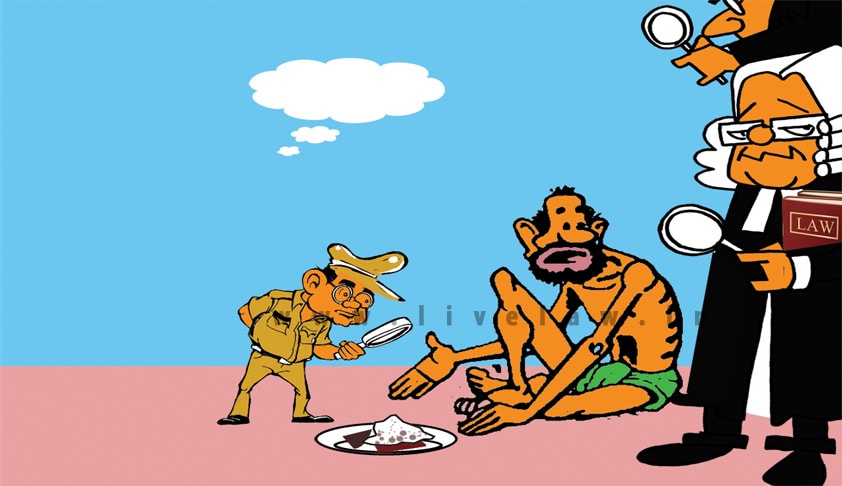Among a plethora of issues touched upon in the Supreme Court nine-judge bench judgment declaring right to privacy as a fundamental right, Justice Jasti Chelameswar indirectly commented on certain burning issues without directly referring to them.At a time when certain organizations and state governments are specifying what kind of dresses women should wear (like “avoid” jeans and mini...

